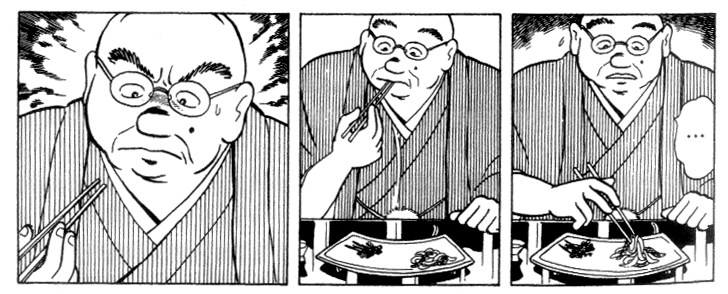This is long overdue.
When I started as a BL fan in my teens, my curiosity for the genre was fed by highly informative websites such as Aestheticism(dot)net and communities on Livejournal that outlined the foundations of BL and the different expressions its community created. In many ways, that community has fuelled my personal and professional decisions in making BL a central aspect of my identity and life. Had I been a BL fan in this day and age, I doubt this website would exist or that I would be motivated to do what I do as an academe.
Despite the accessibility of various texts concerning BL in the last decade, BL media and its community of BL consumers are faced with much discrimination and vitriol online. Some of these prejudices bleed onto articles and online discourses that perpetuate misconceptions, misunderstandings, and misreadings of the genre. Rather than getting encouraged to appreciate the vastness of BL, people dabbling with the genre are often faced with remarks on how the genre is perverse, immoral, problematic, and so on. It is in this context that I found myself gathering some of my cohorts to confront these misunderstandings and discuss the broader ways we could appreciate BL.
In this podcast, I talk with Sam Aburime (@SamAburime), an independent scholar, and Thomas Baudinette (@tbaudinette), Senior Lecturer from Macquarie University, about this growing vitriol on BL media and culture, its prevalence in Anglophone discourse, the various feminist and queer studies from all over the globe that are lost in this discourse, and how different communities are using BL as a tool to deepen and broaden their understanding of queer identities and media.
Critical to this episode are the fantastic articles written by Sam on anti-fan culture and her rich database on BL research that lists the English-language works by academics and scholars such as Tom and myself. I strongly suggest that after this podcast, you read through Sam’s article and browse through her database.
Tom and I also referenced some Japanese scholarship that pushed people’s understanding of the BL genre, such as Naoko Mori’s Onna was porno o yomu and Akiko Mizoguchi’s BL Shinkaron.
Seriously, one hour barely touches the surface but we’re hoping that in listening to this episode, you may be inspired to look deeper into BL and reflect on the many ways BL can be meaningful to you and to the broader media ecology of queer content.
Podcast: Play in new window | Download


Hi! I’m very excited to listen to this episode. However, I am deaf and the sound on this episode is very quiet to me. I, and many others, would appreciate if a transcript of this episode would be created for wider access. Thank you so much!
I have been waiting for you and your blog and your podcast to come back since forever! I am so happy XD please keep up your work!!